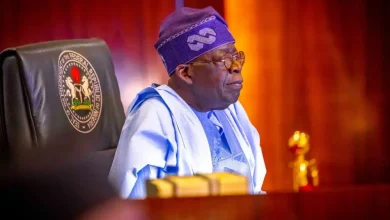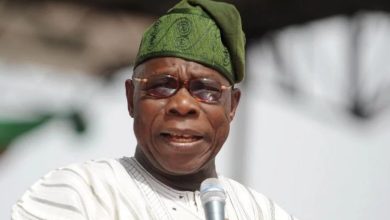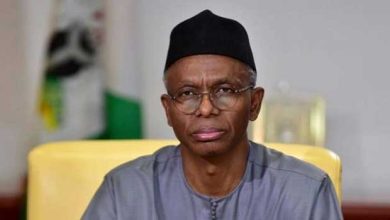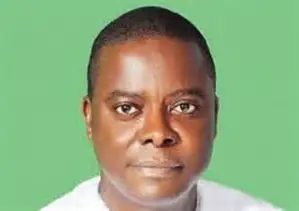News
2025 budget implementation to commence by end of september – DG
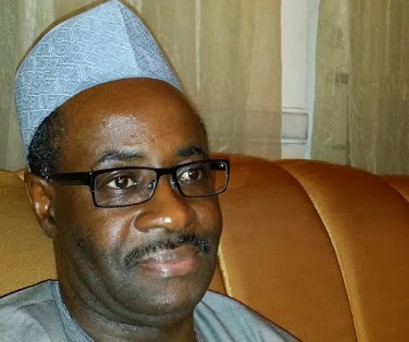
The Director-General of the Budget Office of the Federation, Mr. Tanimu Yakubu, has announced that the implementation of the 2025 budget would commence by the end of September.
Speaking at the third Quarter Ministerial Stakeholders and Citizens Engagement Forum, hosted by Ministry of Budget and National Planning, in Abuja, Yakubu said effective implementation and prudent fiscal management will be critical to the budget’s success.
He further stressed that citizen involvement remained critical in the exercise, adding that Nigerians are the ultimate owners of public resources.
The N54.99 trillion budget, tagged “Budget of Restoration,” aimed to stimulate economic growth, improve public services, and drive investments in key sectors.
Yakubu highlighted several challenges facing Nigeria’s public finance system, including setting realistic revenue targets, particularly in the oil sector, to ensure accurate budgeting and fiscal management.
The budget office DG emphasised the importance of citizen involvement in the budget implementation process, stating that Nigerians were the ultimate owners of public resources.
To promote transparency and accountability, initiatives such as translating budget documents into local languages and simplifying budget content are underway.
Yakubu outlined strategies to support Nigeria’s ambition of becoming a $1 trillion economy by 2030, including ward-based development programmes across 8,809 wards to drive local economic growth.
Minister of Budget and National Planning, Senator Atiku Bagudu, reaffirmed the federal government’s commitment to transparency and data-driven decision-making.
“Our policies and programmes must be shaped by facts, not speculation. Data is the bedrock of responsible governance,” he said.
Statistician-General of the Federation, Prince Adeyemi Adeniran, advocated for stronger public understanding of statistical work, greater investment in data systems, and constructive engagement from the media and civil society.
He highlighted ongoing initiatives, including statistical literacy programs and improved data visualization tools.
